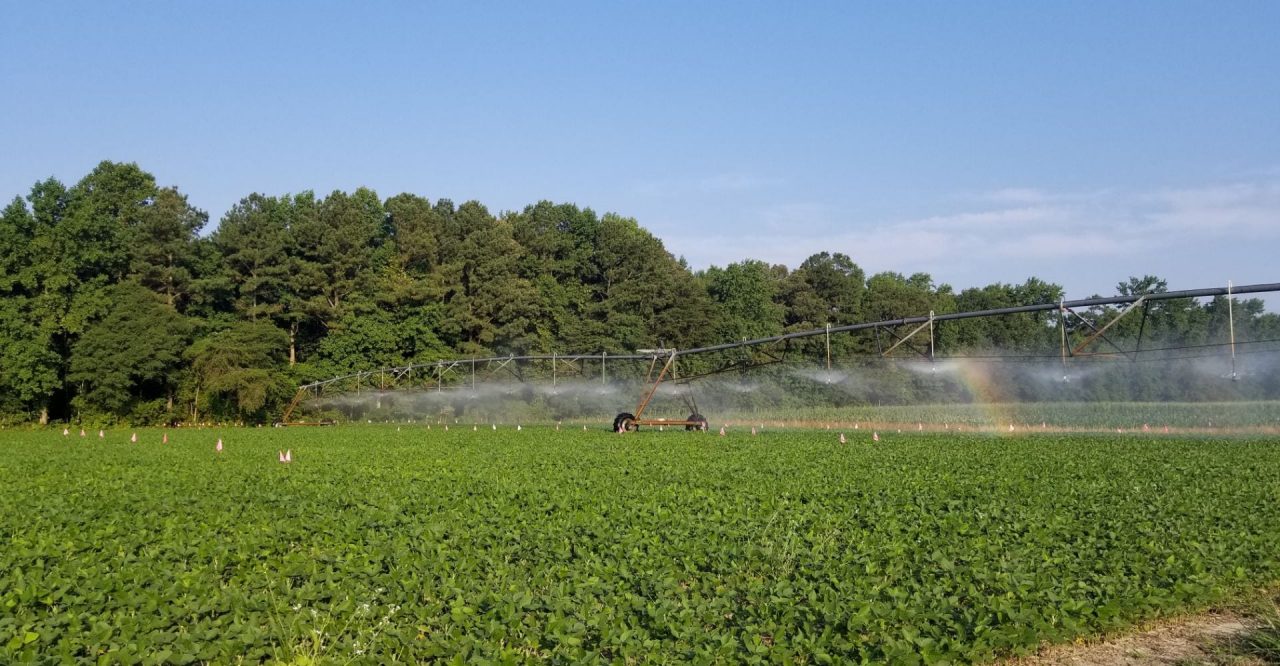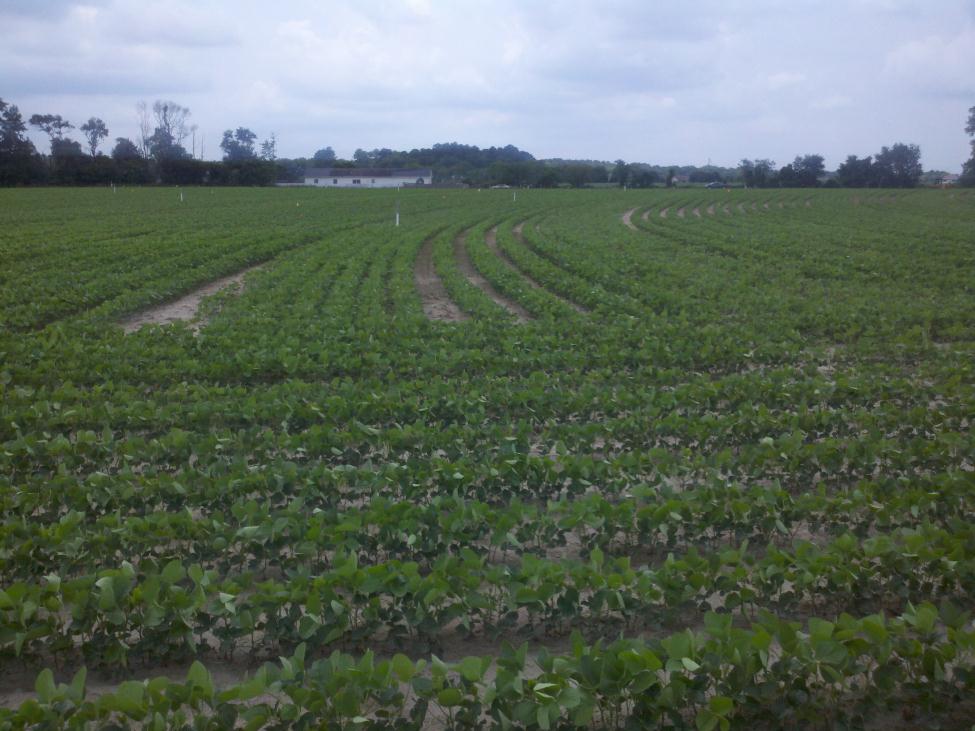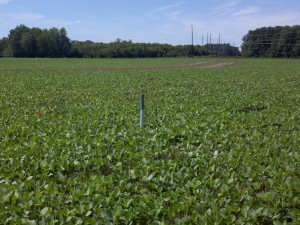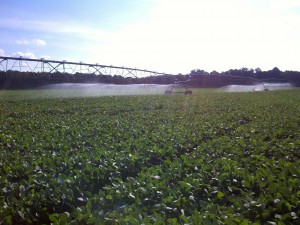
Soybean Irrigation Response Study
- Health & Well-being
-
Agricultural Programs
- Agribusiness
- Animal Science
- Beginning Farmer Program
- Commercial Crops
- Commericial Horticulture
- Delaware Soil Testing Program
- Disease Management
- Farm Vitality and Health Project
- Irrigation
- Nutrient Management
-
Insect Pest Management
- Insect Trapping Program
- IPM Hot Topics
- Commercial Field Crop Insect Management
- Commercial Field Crop Disease Management
- Commercial Fruit & Vegetable Crop Pest Management
- EIPM Implementation Projects
- Pollinators
- Research and Extension Demonstration Results
- Brown Marmorated Stink Bug (BMSB) Management, Research, and Resources
- Publications
- Pesticide Safety Education Program
- UD Plant Diagnostic Clinic
- Variety Trials
- Weed Science
- Certified Crop Advisor Program
- 4-H
-
Horticulture
- Climate Variability and Change
- Delaware Soil Testing Program
- Forestry
- Lawn and Garden
- Master Gardeners
- Master Naturalist Program
-
Nutrient Management
- Nutrient Management Certification
- Continuing Education for Nutrient Management
- Nutrient Management Planning Resources
- Commercial Nutrient Handler Resources
- Poultry Litter and Manure Management
- Turf Management
- Agriculture Notebook
- Horticulture Handbook
- Agriculture & Horticulture Handbooks
- Crop Production
- Soil Fertility
- Delaware Climate Change Coordination Initiative (DECCCI)
- Salt Impacted Agricultural Lands


Objectives
- Evaluate the effects of various soil moisture levels and row widths on growth and yield of full season and double cropped soybeans.
- Determine the optimal irrigation management strategy for full season and double cropped soybeans to maximize yield and profitability.
- Determine the optimal row width for irrigated full season and double cropped soybeans to maximize yield and profitability.

Two studies will be conducted to determine the response of full season and double cropped soybeans to various soil moisture levels and row widths. There will be a full season soybean and a double cropped soybean study. The entire study area will be treated identically for all production inputs except irrigation. Fertilizer will be applied based on the University of Delaware recommendations for soybean.
One soybean variety will be planted Mid-May for the full season study and one variety will be planted Mid-June for the double cropped study. In both projects, plots will consist of soybeans planted in 7.5″, 15″, and 30″ row widths. Each plot will receive one of the following potential irrigation treatments and will be replicated five times.

- No irrigation
- Full season irrigation (>50% soil moisture throughout the season)
- No irrigation until flowering (R1 to R2) then >50% soil moisture
- Limited irrigation (>30% soil moisture) until flowering (R1 to R2) then >50% soil moisture
- Limited irrigation (>30% soil moisture) until pod development (R3 to R4) then >50% moisture
- Limited irrigation (>30% soil moisture) until seed development (R5 to R6) then >50% soil moisture
- Limited irrigation (>30% soil moisture) until flowering (R1 to R2) then >50% soil moisture until pod development (R3 to R4) then >70% soil moisture
- Evapotranspiration (ET) based irrigation management using the Delaware Environmental Observing System’s weather station located on the research farm and the commonly accepted soybean crop coefficients

Soil moisture will be monitored in each plot in the 15 in row width using Watermark soil moisture sensors placed at 4 in, 10 in, and 16 in below the soil line. Soil moisture data will be transmitted wirelessly approximately 10 times daily from the field to a data logging receiver. Moisture data will be viewed and interpreted daily to determine if any treatments require irrigation. Irrigation in plots will be triggered whenever soil moisture reaches the specific treatment requirements at the 4 in or 10 in depth. Weather data will be collected by a Delaware Environmental Observing System weather station located on the irrigation research farm.
The plant growth and development data will be analyzed to determine the effects of soil moisture levels and row spacing on plant growth and development. In addition, soil moisture data will be analyzed to determine differences in soil moisture depletion between irrigation treatments. Total water applied for each irrigation treatment will be determined and the economic implications of each irrigation management strategy will be calculated based on soybean yield.
The University of Delaware is an Equal Opportunity Institution and Provider. Visit UD’s Office of Equity & Inclusion to learn more.
Additional Links
531 South College Avenue Newark, DE 19716 (302) 831-2501
